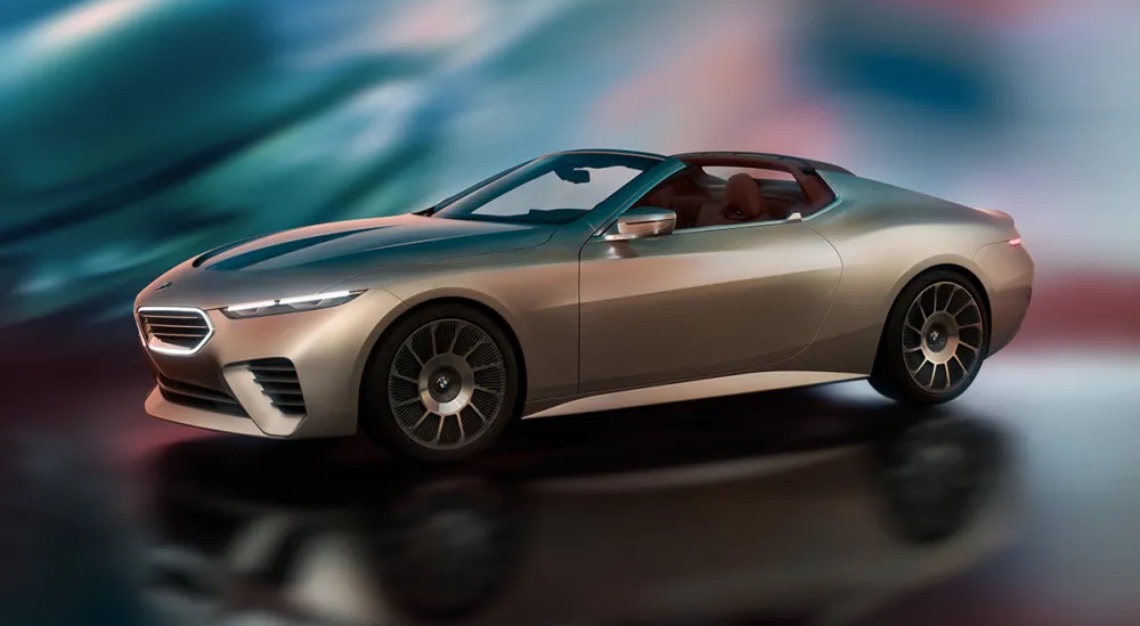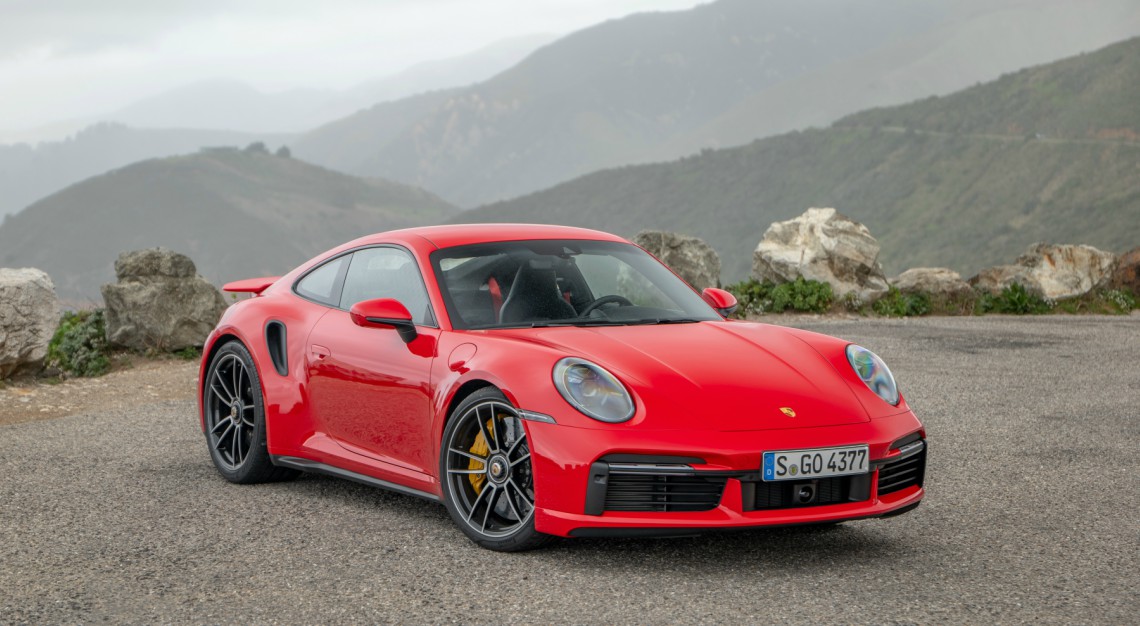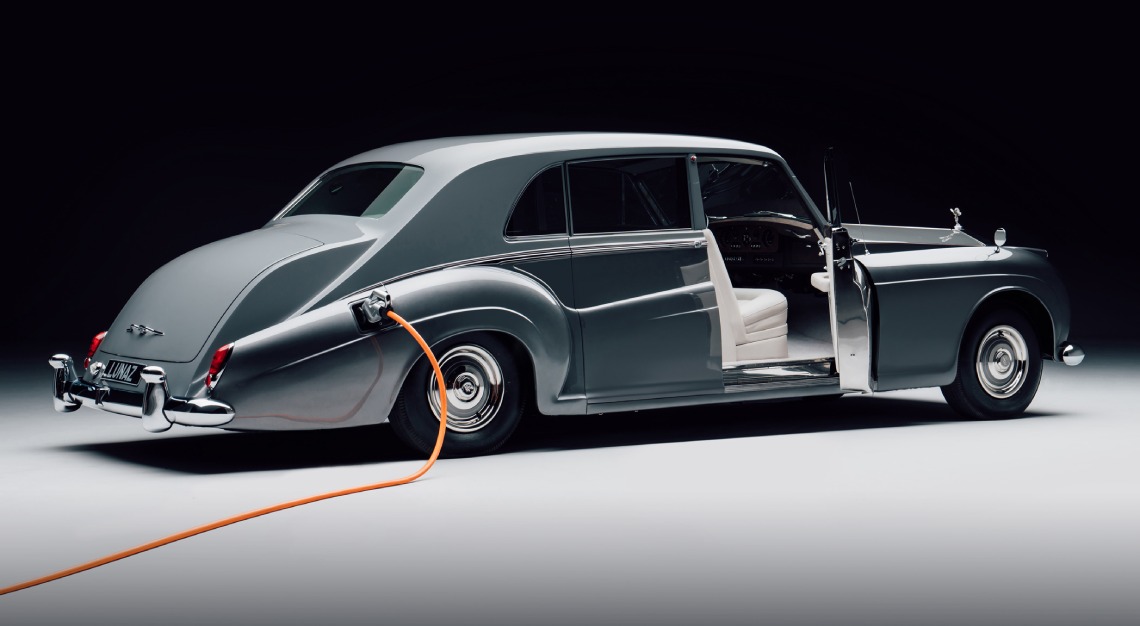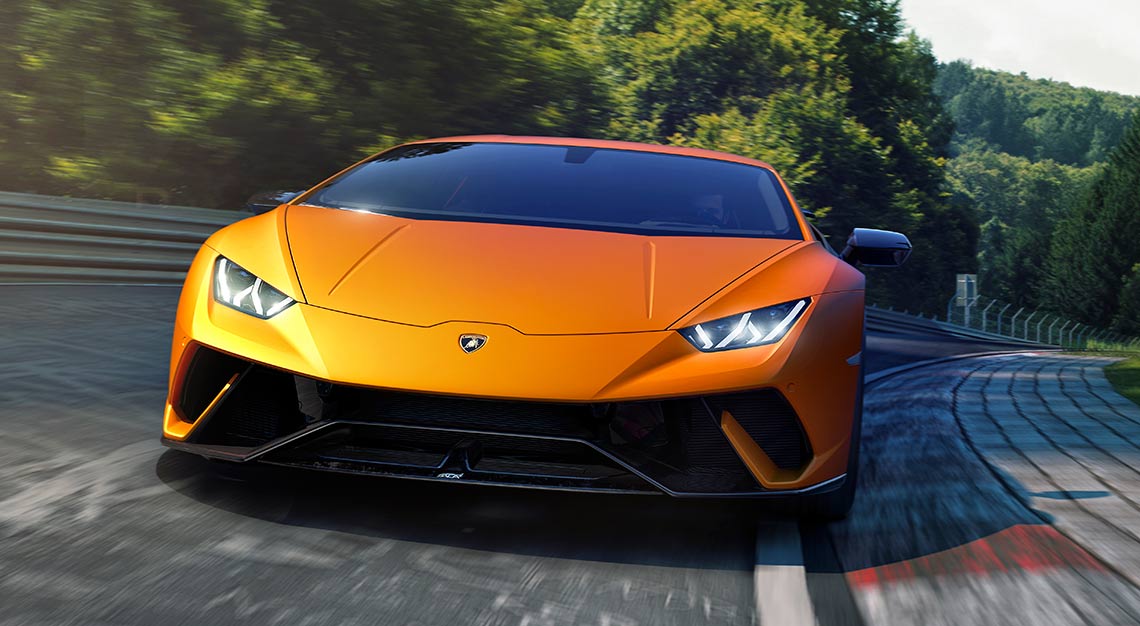Forget torque. Forget top speed. For Xpeng, the most luxurious thing about next-gen cars isn’t its speed or handling, but its intelligence
You don’t so much drive the new Xpeng X9 as you experience it. At first glance, it appears to be an elegant, family-focused MPV. But settle into the driver’s seat—or any seat, really—and the real luxury becomes clear: the car already knows what you want. The ambient lighting dims to match your mood. The zero-gravity recliner subtly shifts to relieve tension in your lower back. Outside, traffic fades into silence. The vehicle already knows your destination. The X9 doesn’t wait for instructions—it anticipates them.
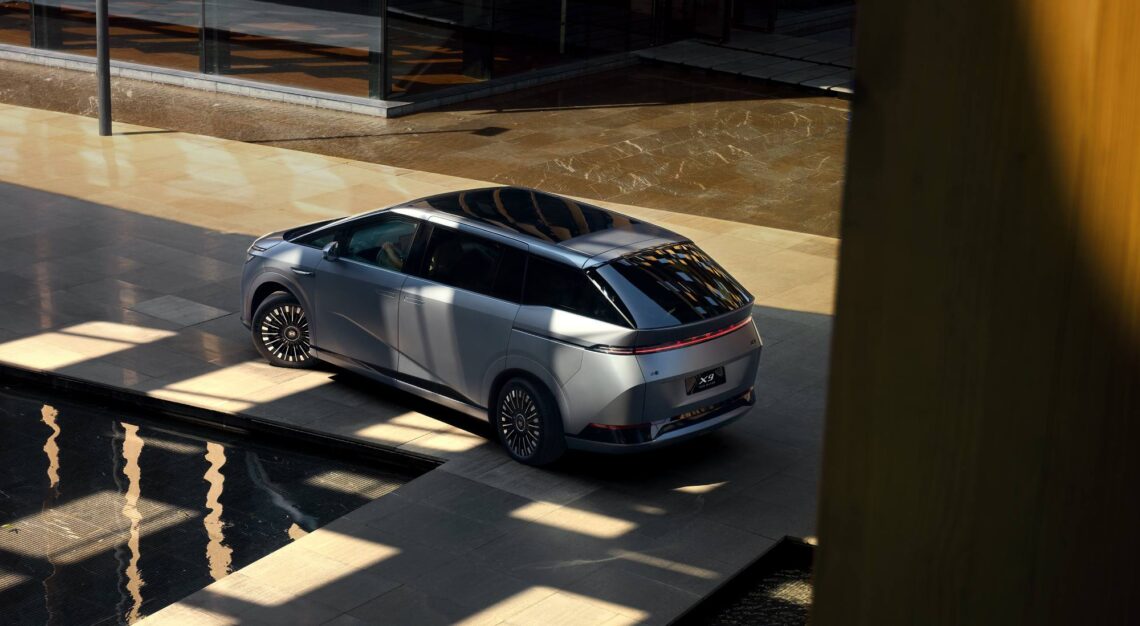

This is Xpeng’s future-facing vision of luxury mobility; one defined not by engines or exotic materials, but by artificial intelligence that is both predictive and profoundly personal. At the centre of this shift is Xpeng’s upgraded “AI Tech Tree” strategy, which treats AI not as a feature but as design ethos. It’s a full-stack, in-house-developed system comprising large language models, proprietary chips, and what the brand refers to as “embodied intelligence”. A mouthful, perhaps, until you experience what it means in motion.
“AI is the core engine of our vehicles,” says the brand in its press statement. And that’s no metaphor. Every layer of the X9, from its self-learning driving system, to its fatigue monitoring and entertainment delivery, is governed by an expanding network of intelligent systems.
Consider Xpeng’s proprietary Turing AI chip. While many rivals still rely on cloud computing, the X9 processes data locally, in real time. The result? A car that doesn’t merely respond to commands—it learns from you. Your preferred seat position, your usual cruising speed, your favourite Sunday detours: every detail is remembered and refined over time.



If this sounds like the car is learning about you, that’s exactly the point.
Xpeng calls this “embodied intelligence”: a term borrowed from robotics that goes beyond machine learning to suggest real-time, physical awareness. In practice, this means your car may one day function more like a luxury butler or concierge: intuitive, discreet, and always one step ahead.
Intelligent evolution
“The idea isn’t just that your car knows your schedule or your climate settings,” Xpeng’s CEO He Xiaopeng explains. “It’s about creating a relationship between driver and machine—where the vehicle evolves with you.”
In the X9, this evolution takes many forms. It begins with the adaptive AI chassis, which continually adjusts suspension according to the road and passenger load, and extends to its personalised cabin experience, complete with zero-gravity seating, ambient lighting, and AI-curated media—all of which dynamically react to who’s in the vehicle and what they’re doing.
There’s also the 5C Superfast Charging system, which adds up to 405 km of range in just 10 minutes. Yes, that’s faster than charging your smartphone. For the affluent urbanite constantly on the move, this becomes a form of ultra-convenience akin to private terminal boarding or fine dining on demand.
Still, innovation at this scale requires balance. The brand now operates in over 30 countries and regions, and scaling AI-driven systems across markets with differing regulations and infrastructures remains a challenge. Xpeng says its approach is to design from the ground up with modularity in mind—making local adaptation easier while maintaining the DNA of its technology stack.

So, will AI eventually replace traditional vehicle design teams? Unlikely. At least not entirely. Xpeng frames AI not as a replacement for human creativity, but an enhancement of it—a digital co-pilot for engineers and designers alike. The endgame? Vehicles of the future that don’t just serve, but collaborate.

